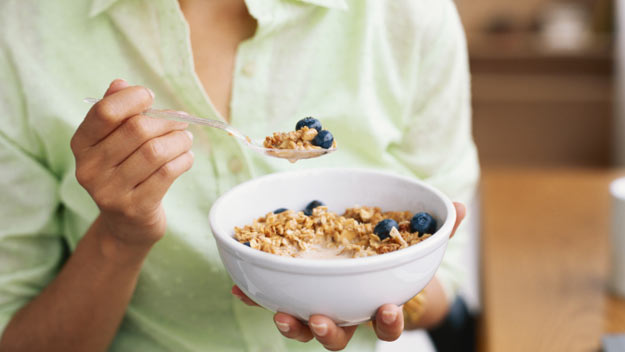Four key phrases: Innovative. Revolutionary. Game-changing. Life-saving.
Researchers have made a major breakthrough in the treatment of terminally ill lung cancer sufferers thanks to a ground-breaking drug called pembrolizumab (commonly referred to as Keytruda).
The initial experimental phase involved testing the drug on patients who had never had any exposure to it before and plotting the results. What researchers found was that these patients (2000 were tested in total) lived longer and showed less signs of the disease evolving than those who were having chemotherapy. The study was so successful, doctors stopped the trial so all of their patients could take Keytruda.
As reported by the ABC, this welcome breakthrough treatment has been trialled by those who have been diagnosed with lung cancer at Westmead Hospital in Sydney.
Associate professor Rina Hui, who is a medical oncologist at Westmead attest that one of her once-terminally patients is now in remission after trialling the drug.
“His cancer had spread and he wasn’t responding to any other treatment,” Hui told the ABC.
“Thanks to our new drug he now leads a normal life and today is enjoying a holiday in Alice Springs.”
May this wonderdrug live up to the trial’s promise…


